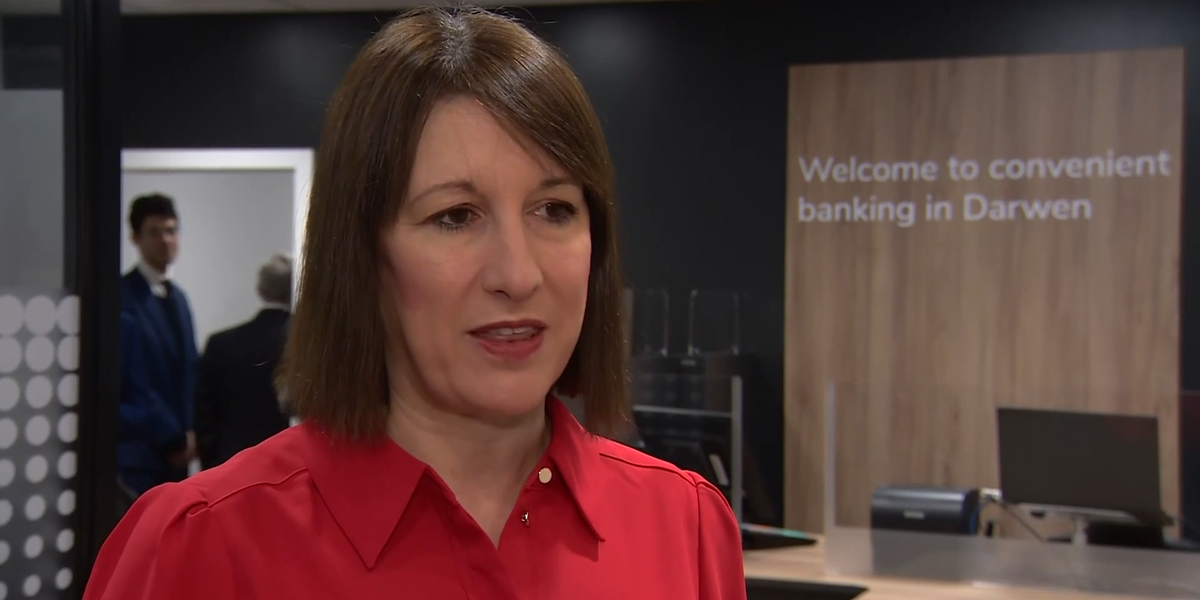- Manchester City’s annual report was published on Friday morning
- It revealed revenues of £715m for the year alongside a £73.8m profit
- LISTEN NOW: It’s All Kicking Off! Mason Mount? Marcus Rashford? Joshua Zirkzee? Who should Manchester United sell to raise funds?
Manchester City’s ability to back Pep Guardiola in the transfer market should be further strengthened by cutting the wage bill and posting record revenues in their latest accounts.
City’s annual report, published on Friday morning, reveals revenues reaching £715million for the year up until the end of June alongside a £73.8m profit.
Salaries were down from a record-breaking £422m to £412m, despite hiring 91 new staff members across football and administration departments.
City plan to spend in the January transfer market – with a midfielder topping their list of priorities – and saw a profit of £139m on trading for the year.
That figure doesn’t include the sales of Julian Alvarez to Atletico Madrid, Joao Cancelo and a host of academy products – the total of which is valued to hit almost £93m.
The numbers suggest that City can comfortably bolster Guardiola’s squad after a run of seven defeats in 10 matches across all competitions – and underlines financial prowess ahead of Sunday’s derby with Manchester United.
Manchester City ’s ability to back Pep Guardiola in the transfer market should be strengthened

City plan to spend in the January transfer market – with a midfielder the top priority
City’s financial report made a two-paragraph reference to the independent commission’s hearing relating to Premier League charges over alleged financial misconduct.
City ‘welcomes the review of this matter… to impartially consider the comprehensive body of irrefutable evidence that exists in support of its position’.
External charges listed have increased from £156m to £172m. Additional fees relating to transfers and contracts, including loyalty bonuses, are up 29m to £291m.
‘Our constant ambition to target and achieve the unprecedented is a mark of the organisation that we have become,’ chairman Khaldoon Al Mubarak said.
‘On and off the field, our passion for the next challenge is underpinned by deliberate and detailed planning and a shared belief in the collaborative learning culture that we have built.
‘This organisational approach is now part of our DNA. It is a product of the unwavering focus on constant improvement, in every aspect of the organisation, that has been in place since His Highness Sheikh Mansour became the club’s custodian in 2008.’











